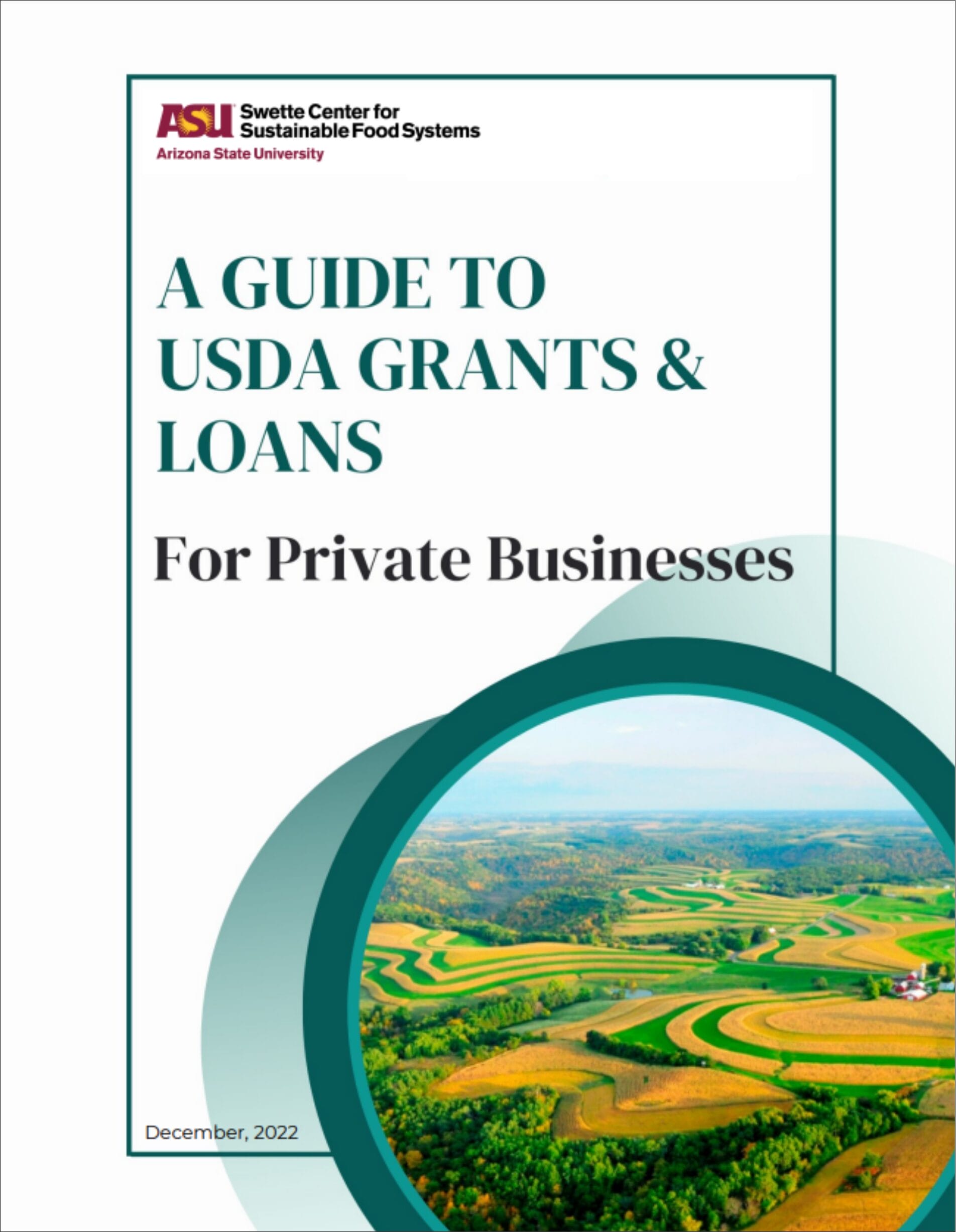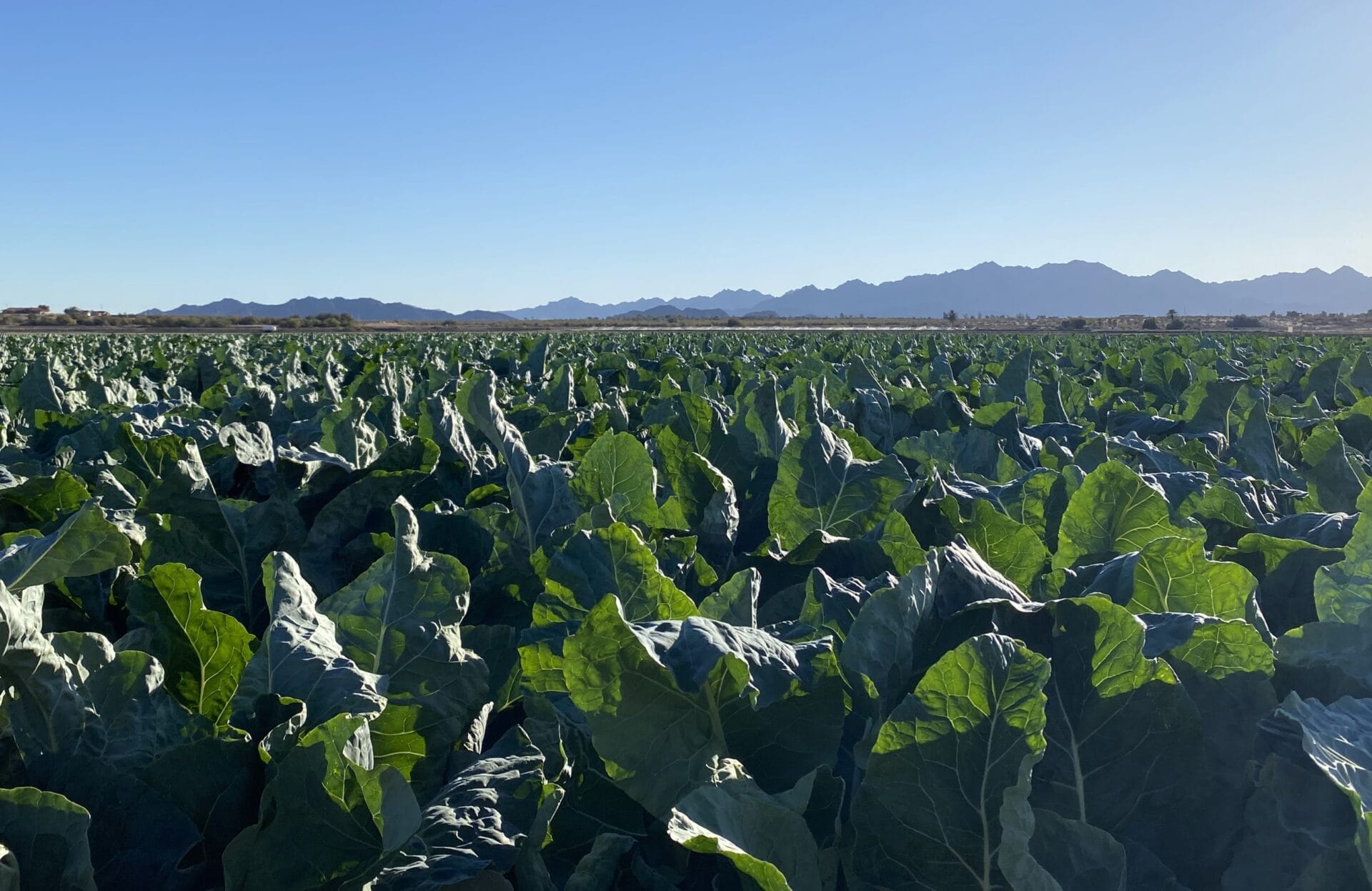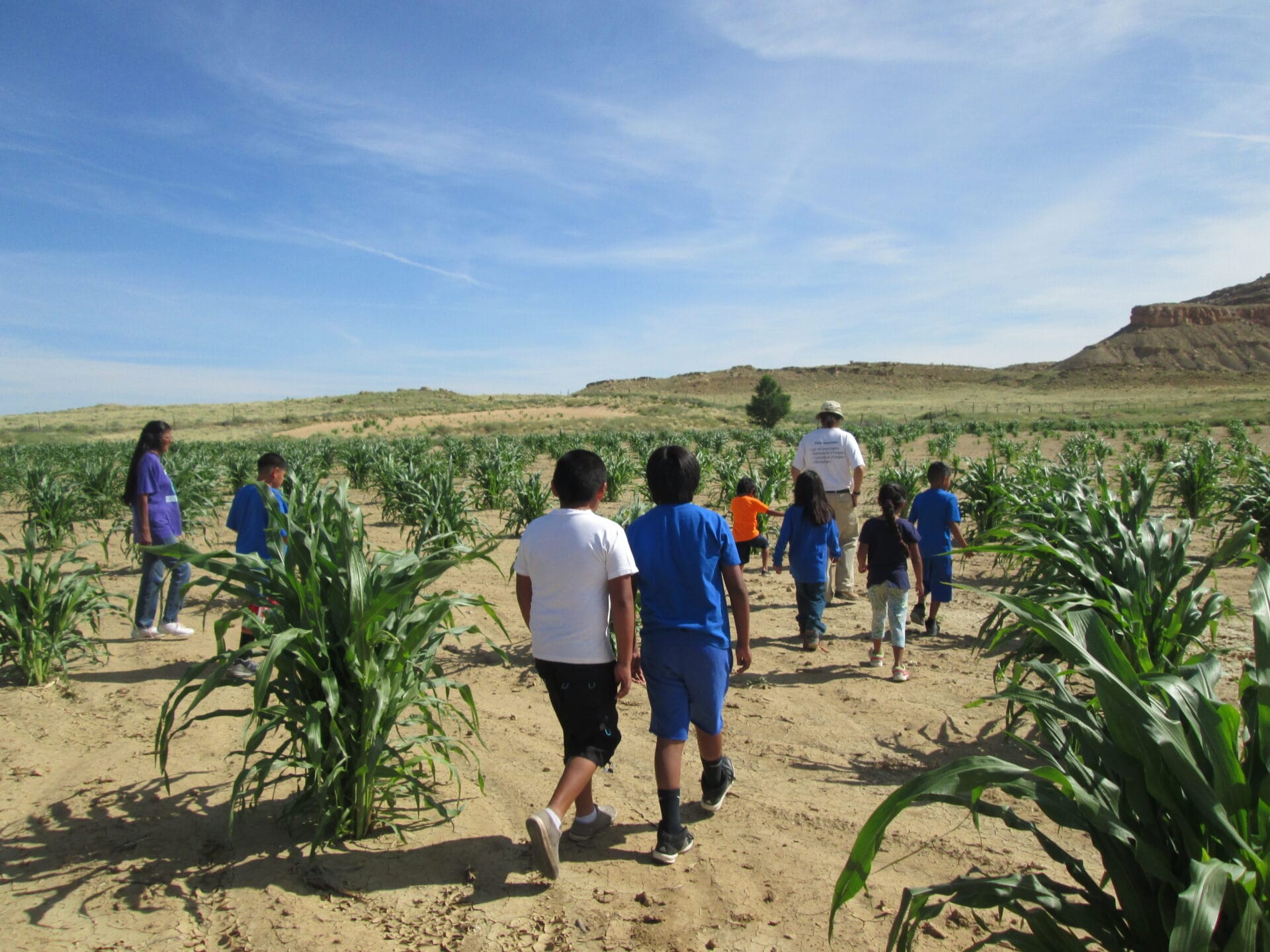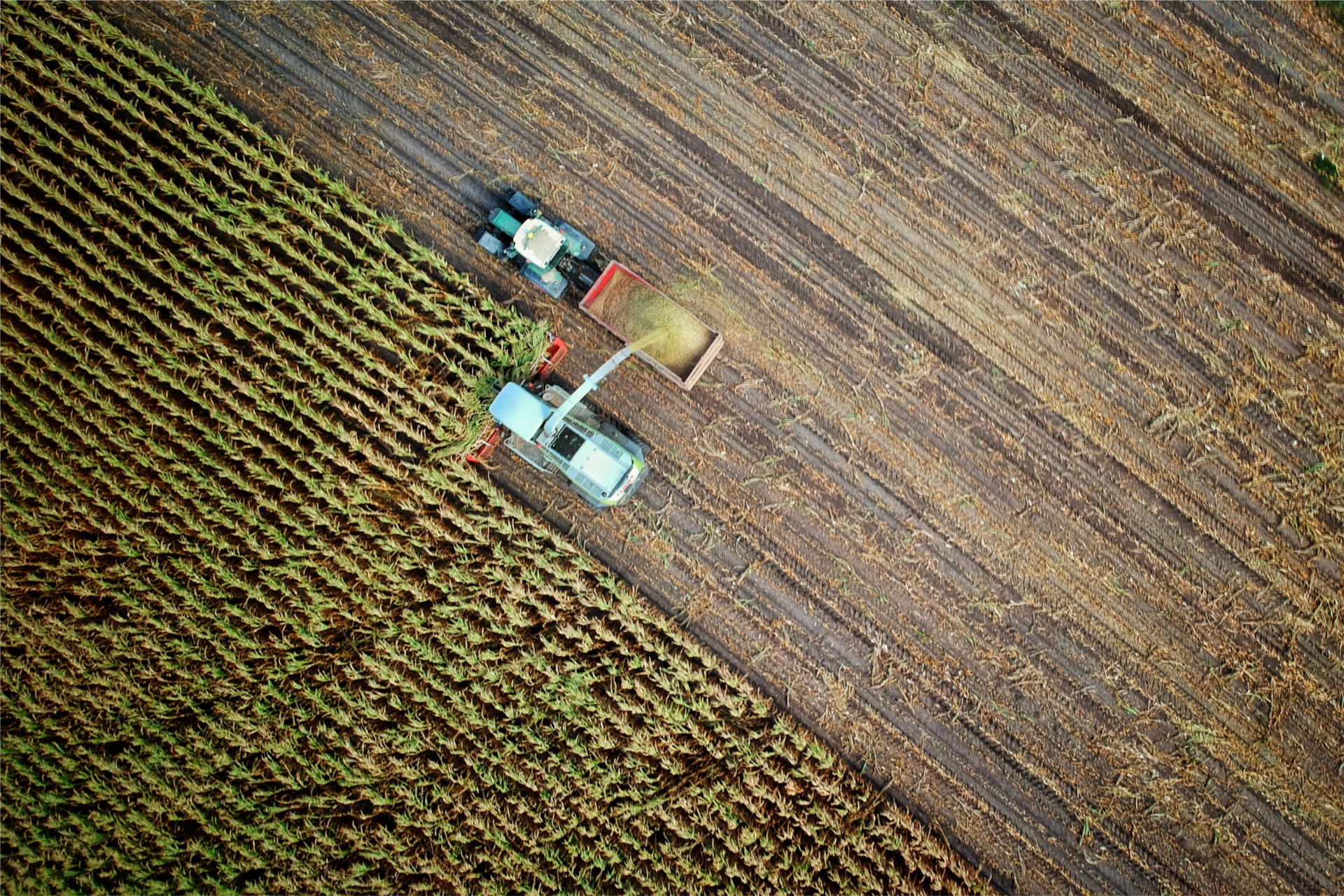
Engaging the private sector
Engaging businesses—ranging from food companies and retailers to ag tech providers and investors—in food systems brings essential expertise and innovation for driving sustainable change.
Partnering with the private sector is critical to bolster sustainable supply chains, enhance sustainable farming practices, improve market access, shape consumer behavior, and direct financial investments toward unlocking the potential of sustainable food solutions. Partnerships between the Swette Center and industry (e.g., Starbucks, MyLand, Aramark, Danone, Google, Mitsubishi, Organic Trade Association, etc.) are well underway to leverage our strengths in building resilient and inclusive food systems.

Swette Center engagement with the private sector

Forum series: Future of food
During the 2018-19 academic year, the Swette Center hosted five forums on the future of food. In these forums, leaders explored a range of issues, from new industry dynamics, to agtech innovations, global food security challenges, ecosystem services, and more. These events provided insights for policymakers in Washington, DC and allowed them to explore, through high-level conversations, cutting edge topics that can transform the food and agriculture sector.
The first forum featured three panelists from the private sector: James Rogers, CEO of Apeel Sciences, Brad Figel, Vice President of Mars, Inc, and Allison Kopf, CEO of Artemis. The question and answer session was energetic as people were clearly fascinated with the cutting edge initiatives undertaken by industry. Altogether, this event was a great launch of the Swette Center in Washington, DC.
USDA Grants and Loans Guide for Private Businesses
While the USDA offers many opportunities for funding and support, the Swette Center recognizes that it can be difficult to navigate grant and loan programs, and even more challenging to understand what you are eligible for and how to apply. We created this guide to demystify the process for the business community. It breaks down available grants and loans for private businesses with brief descriptions and hyperlinks to program websites where more can be learned.

Milk and Plant-Based Alternatives TCA Research: A Collaboration with Starbucks
The consumption and sales of plant-based alternatives (PBAs) have been growing substantially in the last decades. An important reason for PBAs increasing popularity is that consumers of these products consider them better than dairy milk for both the environment and animal welfare. However, the data on their environmental impacts in the scientific literature is limited, heterogeneous, and fragmented. Furthermore, there is very limited data on how PBAs compare to dairy milk in terms of their dependencies and impacts on human and social capitals.
The Swette Center is collaborating with Starbucks on carrying out a TCA analysis of selected PBAs and dairy milk in order to assess not only the market prices of these beverages, but also the positive and negative externalities that they generate in order to arrive at their “true cost.” Our results will help Starbucks make better and more informed decisions about the mix of beverages that they offer.

Comparing the True Cost of Edible Oils: A Collaboration with KAITEKI
Edible oils are products that are not only important for direct human consumption, but also play a key role in the production of other food products. For example, canola oil is commonly used for the production of plant-based alternatives to dairy milk such as oat milk, or for the production of plant-based meats. However, the production and use of various edible oils generate different levels and types of externalities for the environment, diets, human and social conditions. Furthermore, different edible oils have different nutritional profiles, some healthier than others. Therefore, the choice of oils can present important trade-offs.
The Swette Center is collaborating with the Global KAITEKI Center (a partnership between ASU and the KAITEKI Institute of Mitsubishi Chemical Group Corporation) on a TCA study to compare canola, palm, and coconut oils. Our aim is to provide evidence about the oils that lead to decisions which minimize negative externalities while delivering healthy choices.
Related research priorities
-

Arizona food systems
Being based in Arizona, it’s only natural that supporting our home state’s food system is a top priority for the Swette Center. Arizona’s food system faces unique challenges due to the state’s arid climate and water scarcity. However, Arizona also presents opportunities for innovative approaches to promote sustainable food production and distribution.
-

Empowering Indigenous foodways
Indigenous foodways hold immense importance as they represent the culmination of centuries of wisdom, culture and sustainable practices. They are the embodiment of indigenous communities’ deep connection to their lands, traditional knowledge and ancestral heritage. By preserving and revitalizing indigenous foodways, we aim to honor and celebrate the cultural diversity and resilience of indigenous peoples.



